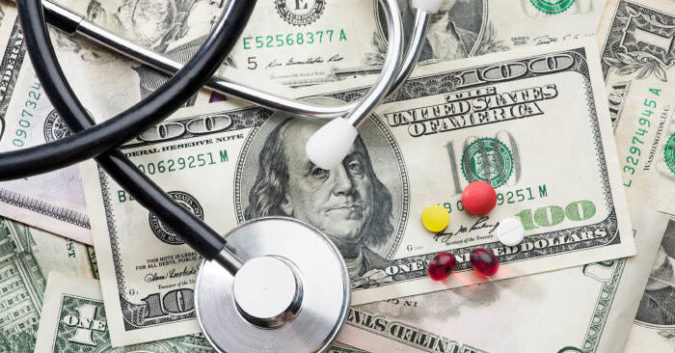Recent warnings from the U.S. Food and Drug Administration (FDA) are making consumers aware of the potential dangers linked to a class of type 2 diabetes drugs that includes Invokana® (canagliflozin), Farxiga® (dapagliflozin), and Jardiance® (empagliflozin).
These drugs, called sodium-glucose cotransporter-2 (SGLT2) inhibitors, lower blood sugar levels by prompting the kidneys to remove sugar from the body through urination. Now, watchdog and advocacy groups, as well as regulatory agencies in Canada and the UK, are voicing concerns about ketoacidosis and other alleged health risks.
In May 2015, the FDA warned that patients should be monitored for symptoms of ketoacidosis (a condition which causes dangerously high levels of blood acids called ketones in the body) including:
- Difficulty breathing
- Nausea and/or vomiting
- Abdominal pain
- Excessive fatigue or sleepiness
Other Risks for Heart Attack, Stroke, and Bone Fractures Emerging
Ketoacidosis isn’t the only danger associated with these drugs. Some clinical trial data suggests that the drugs may be linked to higher rates of heart problems and kidney failure.
As recent as September 10, 2015, the FDA announced that they have strengthened the warning labels for canagliflozin (Invokana® and Invokamet™) regarding the increased risk of bone fractures and added new information about decreased bone mineral density. While information about the risk of bone fractures was already on the label at the time of the drug’s approval, after reviewing updated information from several clinical trials, the FDA felt it was necessary to revise the label further and added a new Warning and Precaution.
This new warning is prompting the FDA to evaluate the risk of bone fractures with other SGLT2 inhibitors, including dapagliflozin (Farxiga®, Xigduo XR™) and empagliflozin (Jardiance®, Glyxambi®, Synjardy®), to determine if more label changes or studies are needed.
Despite Health Concerns, Drug Makers Spend Millions Promoting New Diabetes Drugs
According to data released by the Centers for Medicare and Medicaid Services, U.S. doctors and teaching hospitals received $2.56 billion from drug and medical device companies to compensate doctors for non-research purposes such as consulting and entertainment (e.g. dinners or gifts).
A “top ten” list developed by Bloomberg Business shows that Johnson & Johnson was the second highest spender, promoting Invokana® with $19.8 million in payments to doctors and hospitals. Two other diabetes drugs were also included on the list.
As drug companies spend more money marketing their products to doctors, more prescriptions will likely be written for drugs that may pose serious health risks. As a result, people who rely on these drugs and trust that their doctor is prescribing the best possible treatment may be put at risk of suffering from dangerous side effects linked with their medication.
As additional risk factors associated with these drugs are discovered, patients are smart to question the rationale behind the medication they’re being prescribed – is it really the best course of treatment, or is it the result of aggressive marketing tactics used by the drug companies?
Have You Been Diagnosed with Ketoacidosis or Another Health Problem After Taking a Diabetes Drug?
If you were hospitalized because of ketoacidosis or another health problem after taking a type 2 diabetes drug, you may be entitled to compensation for your injuries. Contact Sokolove Law today for a free consultation to learn more about your legal options.
Invokana® is a registered trademark of Janssen Pharmaceuticals, Inc., a pharmaceutical company of Johnson & Johnson.
Invokamet™ is a trademark of Janssen Pharmaceuticals, Inc., a pharmaceutical company of Johnson & Johnson.
Farxiga® is a registered trademark of the AstraZeneca group of companies.
Xigduo XR™ is a trademark of the AstraZeneca group of companies.
Jardiance®, Glyxambi®, and Synjardy® are registered trademarks of Boehringer Ingelheim Pharmaceuticals, Inc.
Note: Do not change medications without first consulting your doctor.
